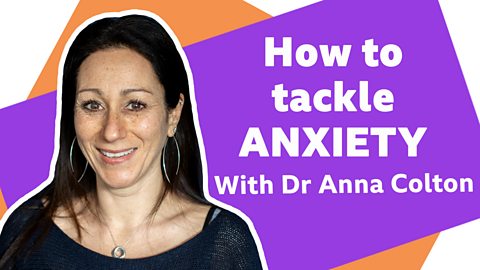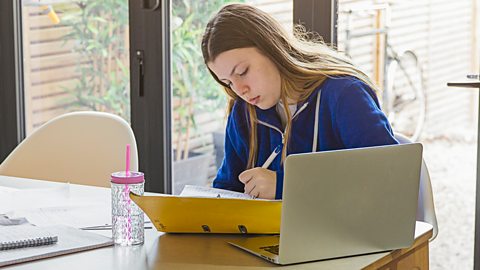Teenagers don’t transform overnight - changes begin long before your child reaches 13. This early period is an important time to build positive habits and routines that your child will hopefully carry through their teenage years and into adulthood.
Can understanding the physical and mental development at this age help parents better support our tweens? Getting an idea of why those changes take place can potentially help.
Psychologist Anjula Mutanda helps us understand this new adventure in your child's development with help from Bez and his son Arlo.
The science - when puberty hits.
Puberty typically starts between ages 8-14 and can be a shock to parents and children alike. Your child will begin to experience physical changes such as:
- Growth spurts and weight gain - hormones released during puberty promote growth in specific body tissues causing both height and weight gain.
- Body odour - hormonal changes create perspiration and in turn this encourages bacteria that live on the skin to multiply creating an odour.
- Acne - generally due to changes in hormone levels during puberty, where some hormones trigger production of larger amounts of oil than usual in the tiny glands that sit alongside hair follicles in the skin. This abnormal sebum then stimulates bacteria which cause inflammation and pus.
They may feel self conscious about these changes. Avoid making comments on their physical appearance and ensure they know that these changes are normal. If your child understands what puberty is and knows what to expect during this period, they'll feel less uncomfortable about the changes they are facing.
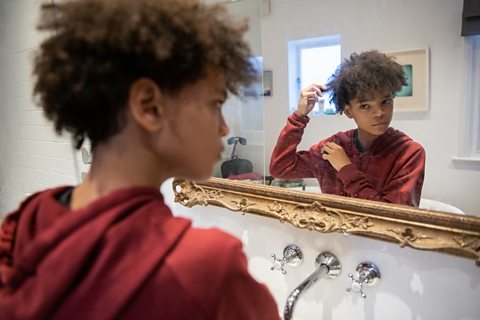

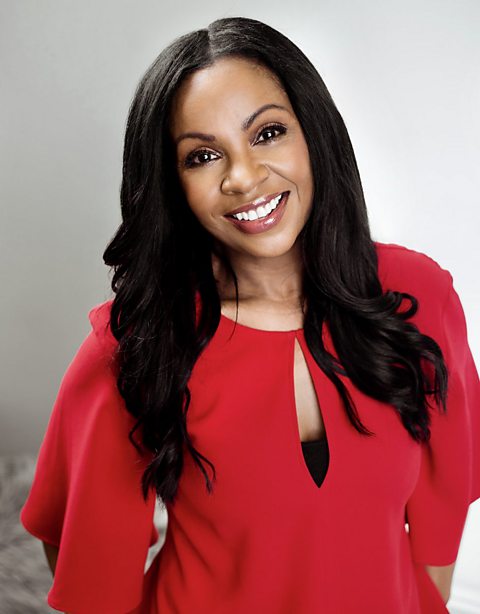 Image source, Anjula Mutanda
Image source, Anjula MutandaAnjula's advice:
Between the ages of 9 and 11 can be a transitional period for your child. This stage is also a golden opportunity to lay the foundations for good physical and mental wellness habits.
Are they becoming more independent, wanting to skip family time to see their friends?
This is normal, friendships can be very important to tweens. You can still show an interest in their world and create space for one to one quality time to share in their hobbies and interests.
Don't take it personally if they are showing signs of preferring the company of others - it's hard for a parent to watch as their child starts to seem disinterested in family and excited by new social groups, but it's important for their social development.
Are they taking control of how they look and experimenting with their style?
It can be hard to let go of who they used to be. Tweens are exploring their identity often through their clothes, hairstyles, makeup, or scents. Avoid crushing phrases like ‘what happened to your hair’, try to find something to be complimentary about. Even something simple like ‘I love the way you put that outfit together’ will help them feel reassured and more confident.
 Image source, Anjula Mutanda
Image source, Anjula Mutanda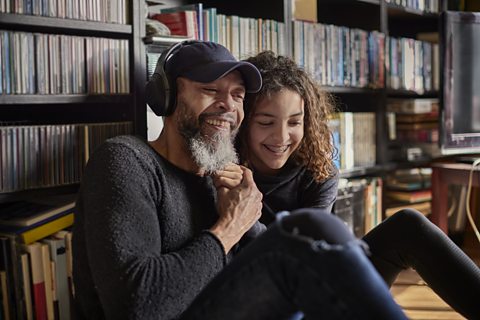
Are they feeling self-conscious about their body and changing appearance?
Be positive in your comments and tone to help them feel good about themselves, don't forget that this is just as relevant for boys as it is for girls.
Set a good example as a family by exercising together. This will release feel good hormones and get you all feeling healthier and more positive about yourselves.
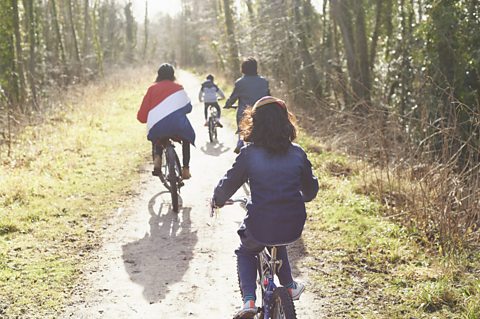
So embrace the change as it will help make the transition to teenager a lot easier.
As Anjula says: “Preparation is key. The habits formed now are more likely to stick throughout their teenage years and into young adulthood.So let's aim to form positive habits for life.”

Scientific advice by Dr Emma Parish, paediatric and adolescent consultant at Evelina London Children’s Hospital.
For more on the teenage brain, this episode of the BBC World Service podcast Deeply Human meets teens and a brain scientist to find out why the rollercoaster highs and lows of teenage life might be good for us.

If your child needs further support
Bitesize Support offer advice for young people around a variety of issues including body image.
If your child is in need of in-the-moment support they can contact Childline, where they can speak to a counsellor. Their lines are open 24 hours a day, 7 days a week.
Mental health charity Young Minds have this quick 'help finder' to guide young people and parents to information and support.
There are more links to helpful organisations on BBC Action Line.

More from BBC Bitesize Parents' Toolkit…
Parents' Toolkit
Fun activities, real-life stories, wellbeing support and loads of helpful advice - we're here for you and your child.
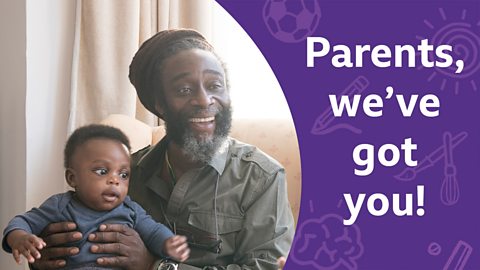
How to manage your child’s online world without clashing
Children and teens spend lots of time online for school and leisure, which can be a worry for parents. Here's some advice on managing your child’s screen time.
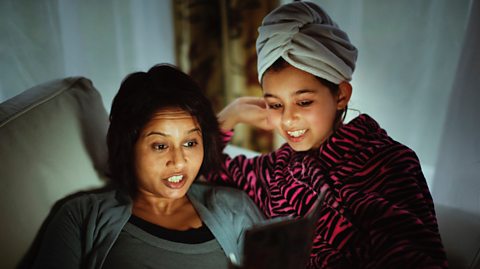
How to talk to your teenager about the invasion of Ukraine
Tips from a clinical psychologist on how you can talk to your teen about war and help them to manage any anxieties.
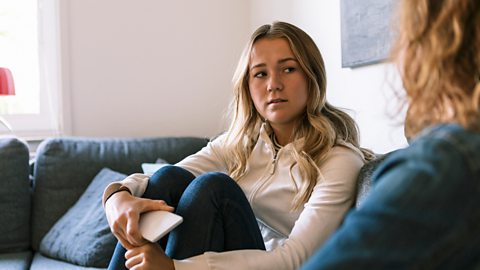
Can’t sleep, won’t sleep? Five ways to get your child’s sleep back on track
Advice and tips on helping your kids into healthier sleep patterns
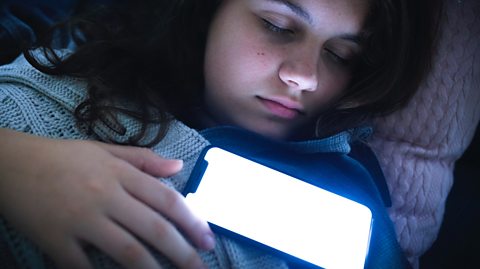
How to tackle anxiety with Dr Anna
Calming techniques to help parents and children manage their anxiety.
